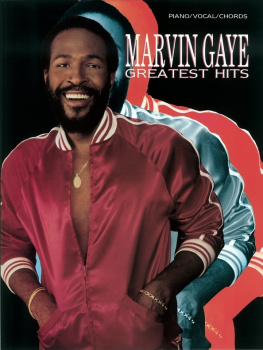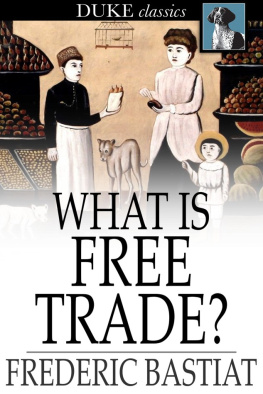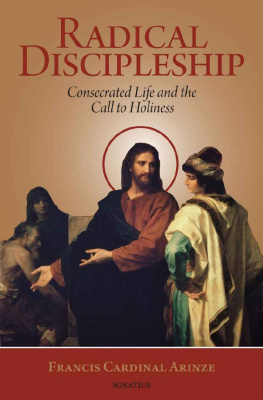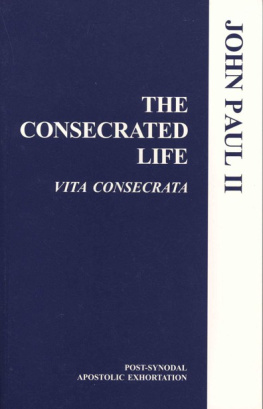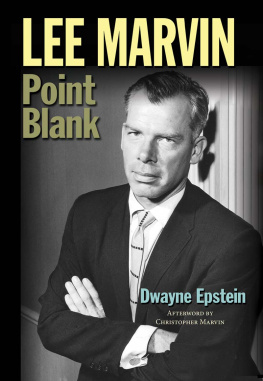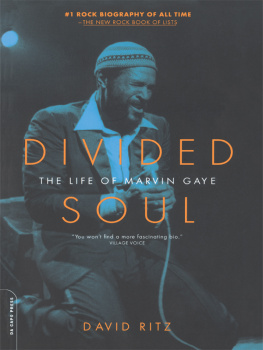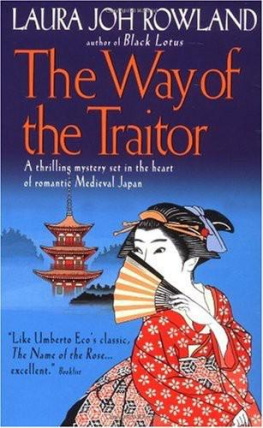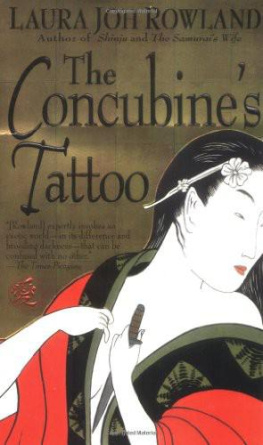To To those who have long lamented the prevailing tendency in Christian churches to deny to women the honors and responsibilities of sacred offices and duties, such a sermon as "Consecrated Womanhood," written by an American clergyman is like a breadth of fresh air in Neapolitan church-buildings that have never known the beauty of sunlight, and the atmospheres of which have grown heavy through the centuries with the oppressive weight of suffocating incense.
The preacher opens his discourse with the statement that "the Bible honored woman when every other book was blind to the true dignity of her character." Scholars differ, and little is certain when we go back far enough in the ancient writings of our race. But I think there can be no doubt that in all the earliest literatures of which we have knowledge, the thought of the world was more favorable to the development of womanly independence, than in later compositions, especially such as have come from patristic and monastic sources. Certainly we find the great Greek tragedians unfolding their noblest ideals in the character of an Alcestis, and expressing through the lips of an Antigone their loftiest conceptions of virtue, and their purest and bravest ethical teachings. The Jews did not stand alone, as this eloquent sermon clearly shows, in honoring woman; but the Old Testament is devoid, as its most careless reader cannot but see, of all that wretched admiration for feminine feebleness of mind and body which seems to have sprung from masculine vanity, and has been fostered by centuries of priestly instruction and popular superstition. As the most illustrious Jewess now living, Lady Battersea, wrote in her admirable book some years ago, when she was Miss Constance de Rothschild, "The ideal woman of the ancient Israelite was always strong and fearlessa Miriam, a Deborah, a Judith, an Esther. Not a word in that older Bible denies to woman the right to exercise every power of speech or action granted her by Jehovah."
Nothing assuredly can be more broadminded or more generous than Dr. Marvin's whole treatment of the claims of women, whether in politics, in the religious life, or in the domestic circle. In my humble opinion it would do infinite service in awakening thought and dispelling prejudice, could the sermon on "Consecrated Womanhood" be preached in every church and chapel in England. The good Quakers alone, so far as I know, have no need for its admonition.
Frances Power Cobbe.
Hengwrt,
Dolgelly, North Wales,
June 21, 1903.
"She layeth her hands to the spindle, and her hands hold the distaff. She stretcheth out her hand to the poor; yea, she reacheth out her hands to the needy. Strength and honor are her clothing; and she shall rejoice in time to come. She openeth her mouth with wisdom; and in her tongue is the law of kindness."Proverbs.
It It is the peculiarity of the Bible that it honored woman when every other book was blind to the true dignity of her character and the royal possibilities of her nature. The old Testament exalted her not only as wife and mother, but as citizen and ruler, and some of the most stirring songs and daring deeds of patriotism are recorded in the Bible to the honor of woman. Her inspired pen is immortalized in the Word of God, and if it be not meet that her voice sound from the halls of Congress, it is a fact of history that it was heard on the field of battle and in the chamber of justice more than three thousand years ago, when, by the mouth of Deborah and the hand of Jael, the Lord delivered Israel from the power of the spoiler. She may not be thought competent to have part in framing the laws of a State, but she was competent to judge the chosen people and to mould the character of the world's Redeemer.
The conservative who would obstruct the wheels of progress endeavors to accomplish his end by an appeal to the Bible. Sacred Scriptures were represented as the friend of slavery; they are now cited in defense of Papal idolatry and Mormon impurity; and how often we hear them quoted against the emancipation of woman. But the Bible is the most radical book in all the world, and its maxims of wisdom and virtue are in advance of every age. Whatever has been accomplished for the improvement of woman's lot may be traced to its hallowed influence. "It found her the slave of man's appetite in the East, the servant of his cupidity in the West, and the victim of his cruelty in the South," and it broke the chain that bound her soul in darkness and the social fetters that linked her womanhood with dishonor.
We have in the Bible pictures of womanly tenderness and nobleness, and also of womanly debasement unequaled in secular literature. I know how exalted are the women of Homer"The Heroes' Battle-Prize," "The Heavenly-Minded," "The Sought-For," "The Sister of Heroes," "The Widely-Praised," "Ruling by Beauty," "The Far-Thoughted," "The Hospitable," "The Ship-Guider," and "The Web-Raveler"names that indicate the queenly beauty of the women who bore them; but I search Iliad and Odyssey in vain for one trace of that glorified character, sublime self-sacrifice and unwavering faith which "crowned the daughters of Israel and made them daughters of Jehovah." On the other hand, Shakspeare's "Lady Macbeth" is weakness itself when compared with Jezebel, who from the harem of Ahab mounted with blood-stained feet the throne of God's chosen people, and there defied the majesty of heaven. How cold, cruel, implacable and lost to all that is human was that accursed daughter of murder, whose crimes were far greater in number and turpitude than those of her infamous father Ethbaal. We hear from her lips no cry,
"Come, you spirits
That tend on mortal thoughts, unsex me here;
And fill me, from crown to the toe, top-full
Of direst cruelty! make thick my blood,
Stop up the access and passage to remorse
That no compunctious visitings of nature
Shake my fell purpose!"
Her entire nature was not only unsexed, but dehumanized. In her "woman's breasts" the milk was turned to gall.
Lord Lytton, the elegant and shallow trifler, tells us, "A woman's noblest station is retreat," but "retreat" is a word forever unpopular with the women of the Bible. Miriam, Huldah, Deborah and Anna were not of Lord Lytton's opinion. They joined in one temperament silk and steel, and added to the sweetness of womanhood the strength of manhood. Keen and flexible as the Damascus blade, they were not wanting in the gentleness and modesty which are a woman's crown of honor. I open Exodus and read a song from Miriam, the prophetess, that is older than the most ancient pagan lyric, and that will continue when English literature is forgotten. And there is Deborah, the nurse of Rebecca; how tenderly the Bible records her humble but faithful service. In ancient times and in the East nurses were held in greater esteem than now with us. Homer sang their praise; Virgil celebrated their virtues; and Ovid extolled their wisdom and kindness. It is no trivial office to guide and direct the development of a child's life. The nurse is second mother, and her influence is sometimes, perhaps often, deathless as the soul she instructs. The Bible teaches respect and consideration for those who are socially beneath us as servants, nurses, and dependent children of humble toil. The true lady takes her politeness into the kitchen; it is her ability to do so that makes her the lady she is. Not fine manners in the ball-room, but a genuine and gracious dignity seasoned with womanly kindness, creates the true lady. Few think of the Bible as a book of social and domestic etiquette, and yet such it is. Let a man follow its precepts, and he shall become not only a good man, but a




